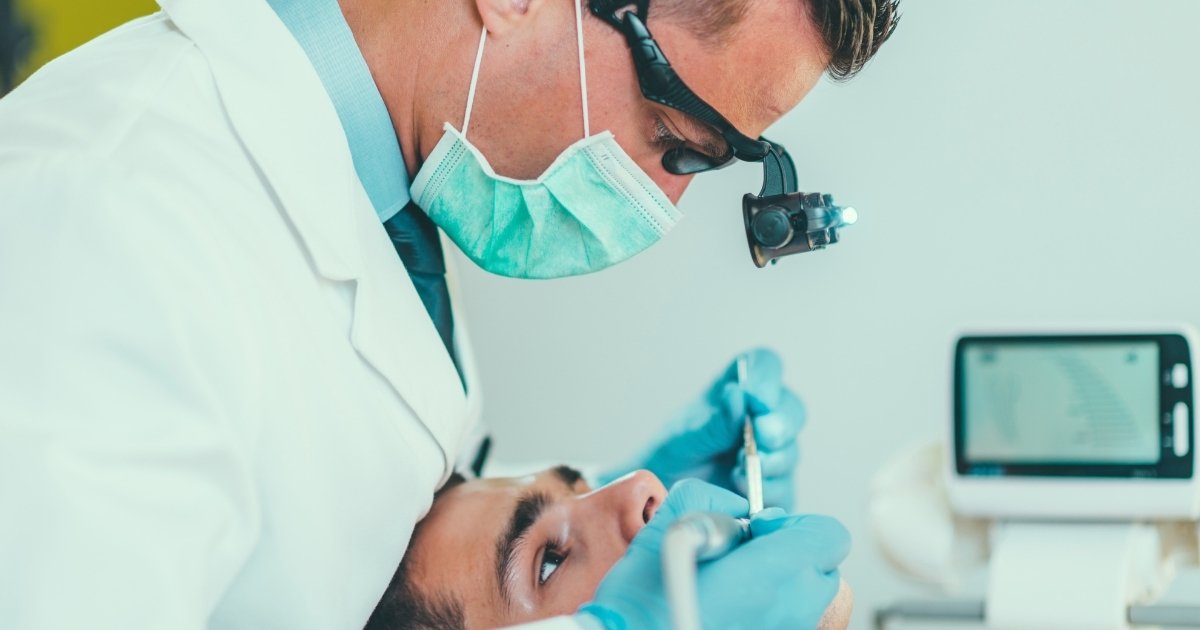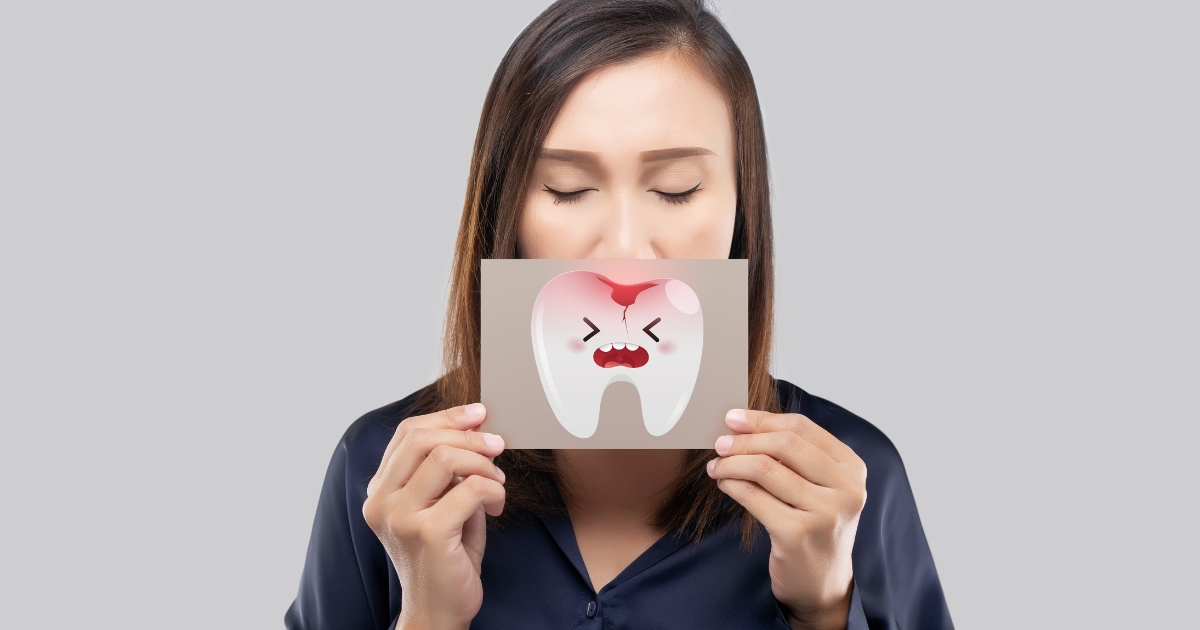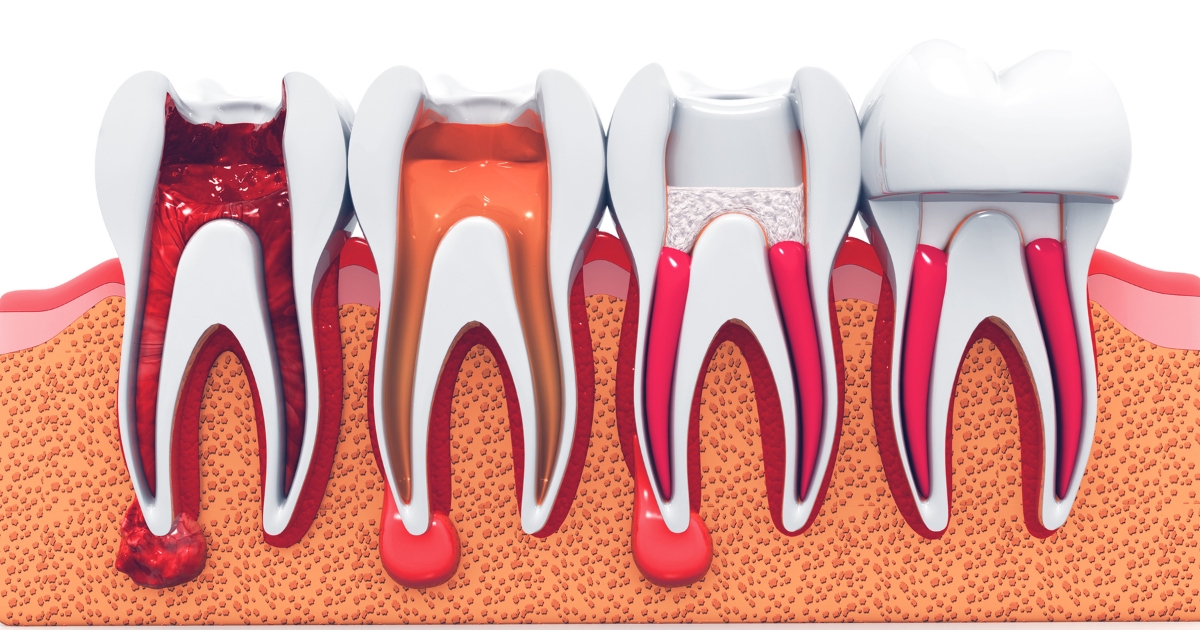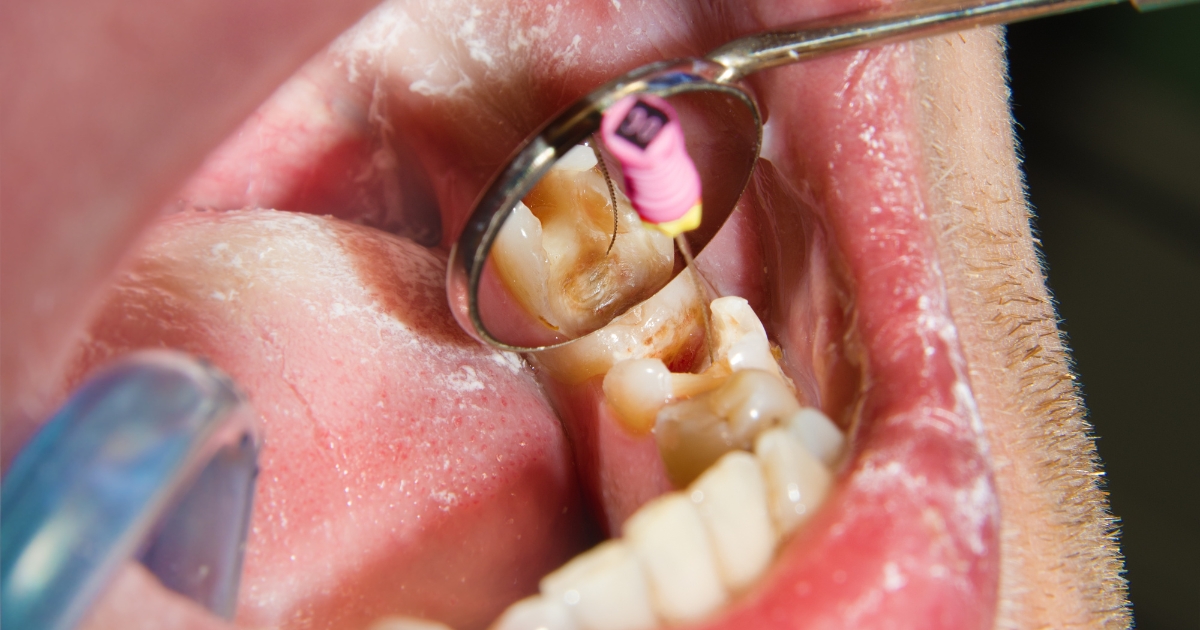Call Us Today 817-737-7668

Accidents can cause severe tooth damage, leading to pain and possible tooth loss. Endodontic care plays a crucial role in saving and restoring injured teeth. It focuses on treating the tooth’s inner structures, especially the pulp and roots.
Immediate treatment after dental trauma can prevent complications and preserve natural teeth. An endodontist specializes in managing such cases, ensuring effective restoration. Ignoring a damaged tooth can lead to infections and further deterioration.
This blog explores common causes of dental trauma, available endodontic care treatments, and recovery tips. We also share preventive measures to protect teeth from accidents. Understanding these aspects can help you make informed decisions for your dental health.
What Is Dental Trauma?
Dental trauma occurs due to sudden impacts, causing damage to teeth and surrounding tissues. Common causes include sports injuries, falls, car accidents, and physical altercations. Children and athletes are more prone to these injuries.
Types of Dental Injuries
- Fractured Teeth – Cracks or breaks in the enamel or deeper layers.
- Dislodged Teeth – Teeth pushed out of position but still in the socket.
- Avulsed Teeth – Completely knocked-out teeth requiring immediate reimplantation.
Immediate Steps After a Dental Injury
- Rinse the mouth with warm water to remove debris.
- Apply a cold compress to reduce swelling and pain.
- If a tooth is knocked out, keep it in milk or saliva.
- Visit a dentist or endodontist immediately for proper endodontic care.
The Role of an Endodontist in Tooth Restoration
Endodontics is a specialized branch of dentistry that focuses on diagnosing and treating problems inside the tooth, particularly the pulp and root canals. When a tooth suffers trauma, its inner tissues can become inflamed or infected. Without prompt care, this can lead to severe pain, abscesses, or even tooth loss. Endodontic care helps restore damaged teeth and prevent further complications.
An endodontist Denton is a dental specialist trained to perform advanced procedures that save and restore injured teeth. They complete additional years of education beyond general dentistry to master techniques like root canal therapy, surgical root repair, and pulp regeneration. Their expertise allows them to handle complex dental trauma cases that general dentists may not treat effectively.
How Endodontists Restore Teeth After Trauma
- Assessing Damage: They use digital imaging and advanced diagnostic tools to determine the extent of injury.
- Performing Root Canal Therapy: If the tooth’s pulp is infected, they remove it, clean the canals, and seal them to prevent further infection.
- Stabilizing Dislodged Teeth: They reposition and splint loose or knocked-out teeth to encourage proper healing.
- Surgical Treatment: If necessary, they perform procedures like apicoectomy to remove infected tissue at the root tip.
Endodontic care is crucial for preserving natural teeth, preventing extractions, and maintaining a functional, healthy smile. Seeing an endodontist after dental trauma increases the chances of long-term tooth survival.
Key Endodontic Treatments for Dental Trauma
Dental trauma can severely impact a tooth’s structure and function. Endodontic care offers specialized treatments to restore and preserve injured teeth. Below are key procedures that help in tooth recovery after an accident.
1. Root Canal Therapy
- Needed when the tooth’s pulp is infected or severely damaged.
- Removes the infected pulp, cleans the canals, and seals the tooth.
- Prevents further infection while preserving the natural tooth structure.
- Restores function, allowing the patient to chew and bite normally.
2. Pulp Capping & Regeneration
- Used for young patients with developing teeth.
- Encourages natural healing of the pulp and dentin.
- Helps avoid full root canal treatment in cases of minor pulp exposure.
- Uses special biocompatible materials to promote tissue regeneration.
3. Apicoectomy (Surgical Root Repair)
- Performed when a root canal alone does not resolve an infection.
- Involves surgically removing the infected root tip and sealing it.
- Prevents reinfection and strengthens the foundation of the tooth.
- Commonly used for teeth with persistent infections or complex root structures.
4. Splinting of Loose Teeth
- Stabilizes teeth that have been dislodged or knocked loose.
- Uses a bonding technique to attach the tooth to neighboring teeth.
- Allows the surrounding tissues to heal and reattach properly.
- Essential for preserving natural teeth after traumatic injuries.
With the right endodontic care, damaged teeth can be saved, ensuring long-term oral health and function.
Recovery and Aftercare
Healing after endodontic care depends on the severity of the injury and the treatment received. Most patients recover within a few days to weeks, but full healing may take longer for complex cases. Mild discomfort and swelling are common after procedures like root canals or apicoectomies. Over-the-counter pain relievers and cold compresses help manage pain.
Tips for Maintaining Oral Health
- Avoid hard or sticky foods to prevent stress on the treated tooth.
- Maintain good oral hygiene with gentle brushing and flossing.
- Follow your endodontist’s instructions for medication and care.
- Attend follow-up visits to ensure proper healing.
Long-Term Success Rates
With proper care, endodontically treated teeth can last a lifetime. Studies show a high success rate of over 90% for root canals and related treatments. Timely intervention and good oral hygiene ensure the best outcomes, preserving your natural teeth for years.
Preventing Future Dental Injuries
Protecting your teeth from trauma is essential for long-term oral health. Simple precautions can prevent serious dental injuries that require endodontic care.
1. Wear Mouthguards in Sports
- Custom-fitted mouthguards protect teeth from impact during contact sports.
- They reduce the risk of fractures, dislodged teeth, and soft tissue injuries.
- Always wear a mouthguard during activities like football, boxing, and basketball.
2. Safety Tips to Prevent Falls and Accidents
- Avoid running on slippery surfaces to prevent falls.
- Use seat belts while driving to reduce injury risks in accidents.
- Keep your home clutter-free to minimize tripping hazards.
3. Maintain Strong Teeth with Good Oral Hygiene
- Brush twice daily with fluoride toothpaste to strengthen enamel.
- Floss regularly to prevent gum disease and decay.
- Eat calcium-rich foods for stronger teeth and bones.
Preventing injuries reduces the need for endodontic care and ensures a healthy smile for life.
Endodontic care is essential for restoring teeth after accidents. Timely treatment prevents complications and preserves natural teeth. Ignoring dental trauma can lead to infections, pain, and eventual tooth loss.
Seeking professional help from an endodontist ensures the best outcome. Proper recovery and preventive measures keep your smile intact. If you experience dental trauma, don’t delay treatment. Visit our specialists for immediate endodontic care and long-term dental health.





